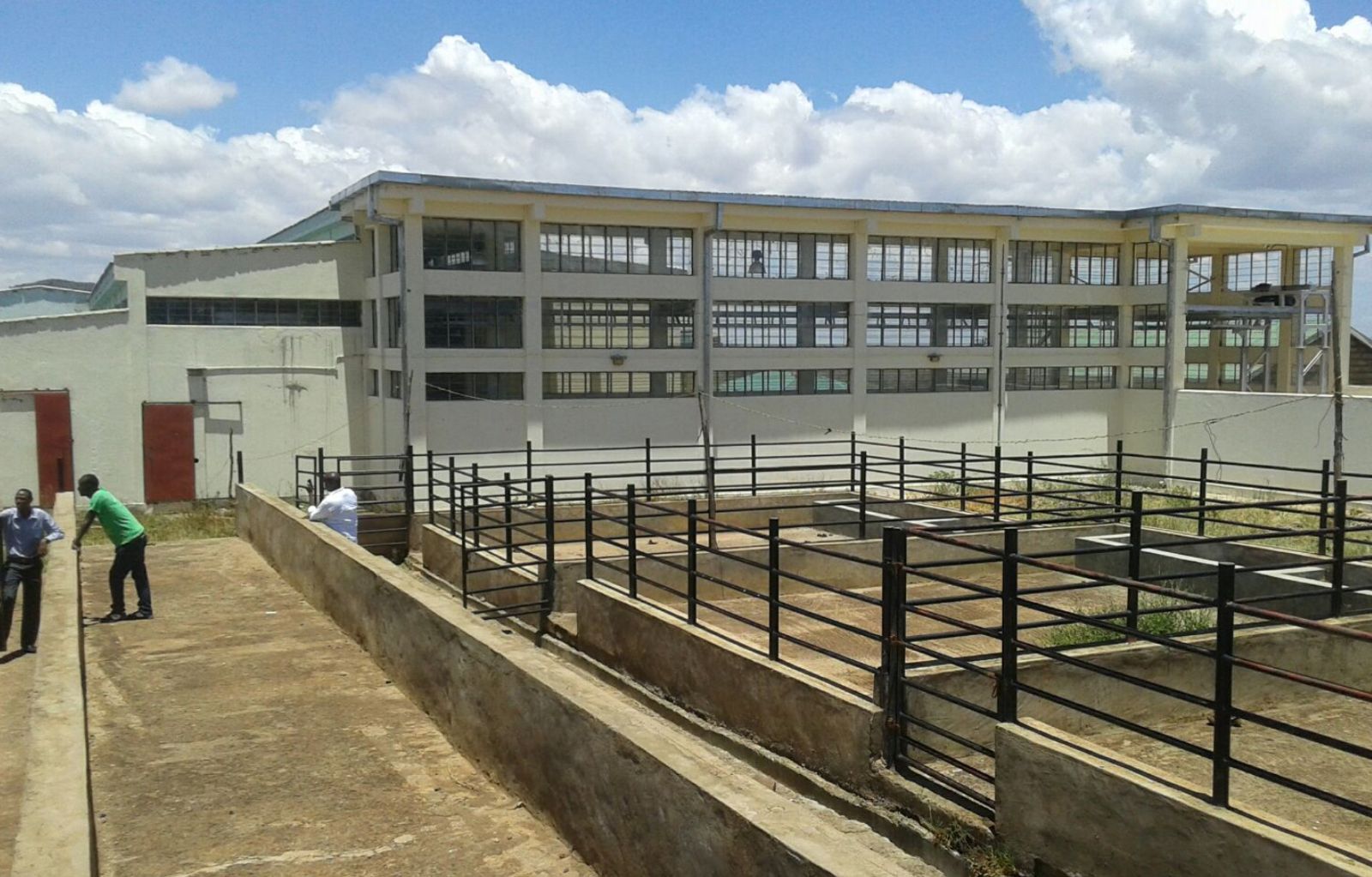Pastoralists from the counties of Isiolo, Marsabit, Samburu, Wajir, and Garissa have received the last batch of mechanical and refrigeration equipment that will facilitate the operationalization of the Isiolo Export Abattoir to provide a ready market for their livestock and employment.
According to the Director of Al Hudha Construction Company, Isaac Hajj, who is tasked with overseeing the installations and other finishing aspects of the abattoir, which include pneumatics, halal killing machines, as well as refrigeration equipment, says the facility is well on track for its scheduled completion and operationalization by the end of March this year.
Hajj noted that the process is expected to take between three to four weeks. He lauded County Governor Abdi Guyo’s commitment to ensuring that all the required support is availed in time, ensuring the engineers are on site and can complete the work within the stipulated timelines.
The facility can slaughter up to 100,000 shoats (sheep and goats), 10,000 cows, and 3,000 camels monthly.
Hajj noted that livestock owners from the six pastoral counties, which are the major catchment areas for the abattoir, are now expected to come up with cooperative societies that will ensure a consistent supply of livestock to the abattoir.
Neighboring border countries, Ethiopia and Somalia, have been earmarked as potential sources of livestock for the abattoir to meet the required needs daily.
Several industries, such as those dealing with leather and other animal products, are also expected to be established in the region once the export abattoir is up and running.
The Isiolo Export Abattoir, which sits on a land mass of more than 500,000 acres, including the feedlots, livestock receiving yard, and the disease-free zone, has been co-funded by the County Government of Isiolo and the World Bank through the Kenya Climate Smart Agriculture Project (KCSAP), with the devolved Government contributing Ksh 400 million, and the World Bank a further Ksh 450 million.





